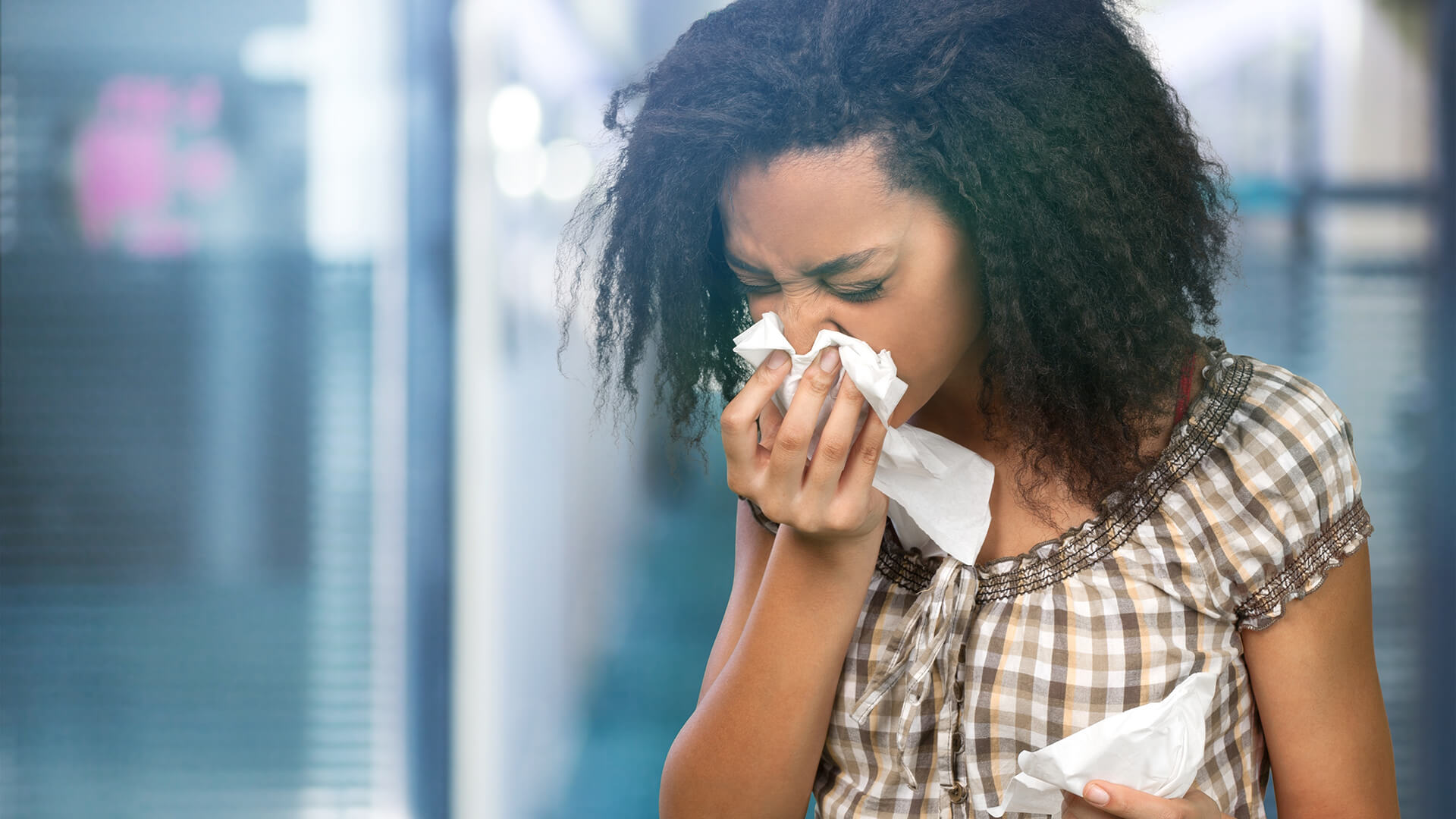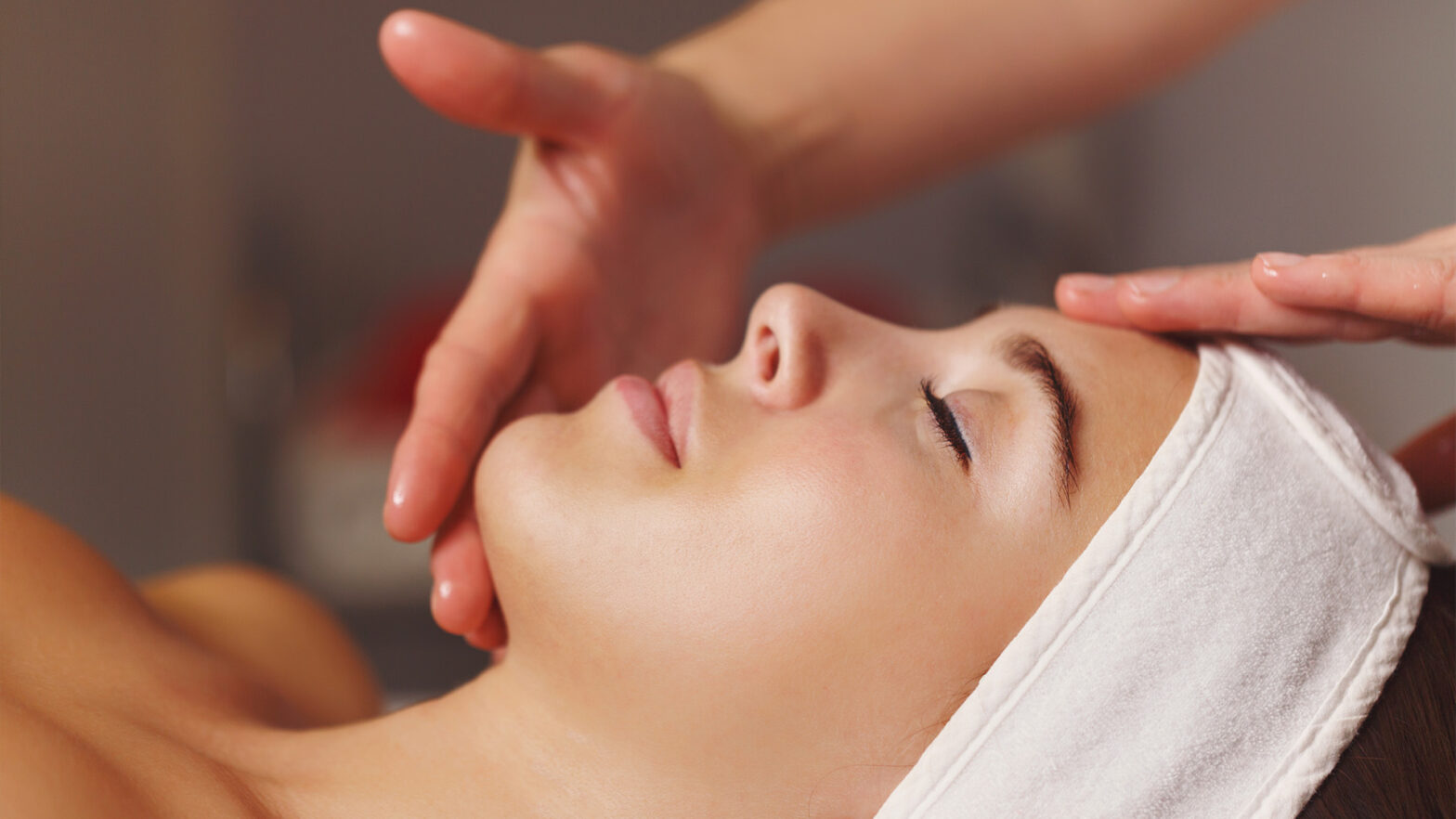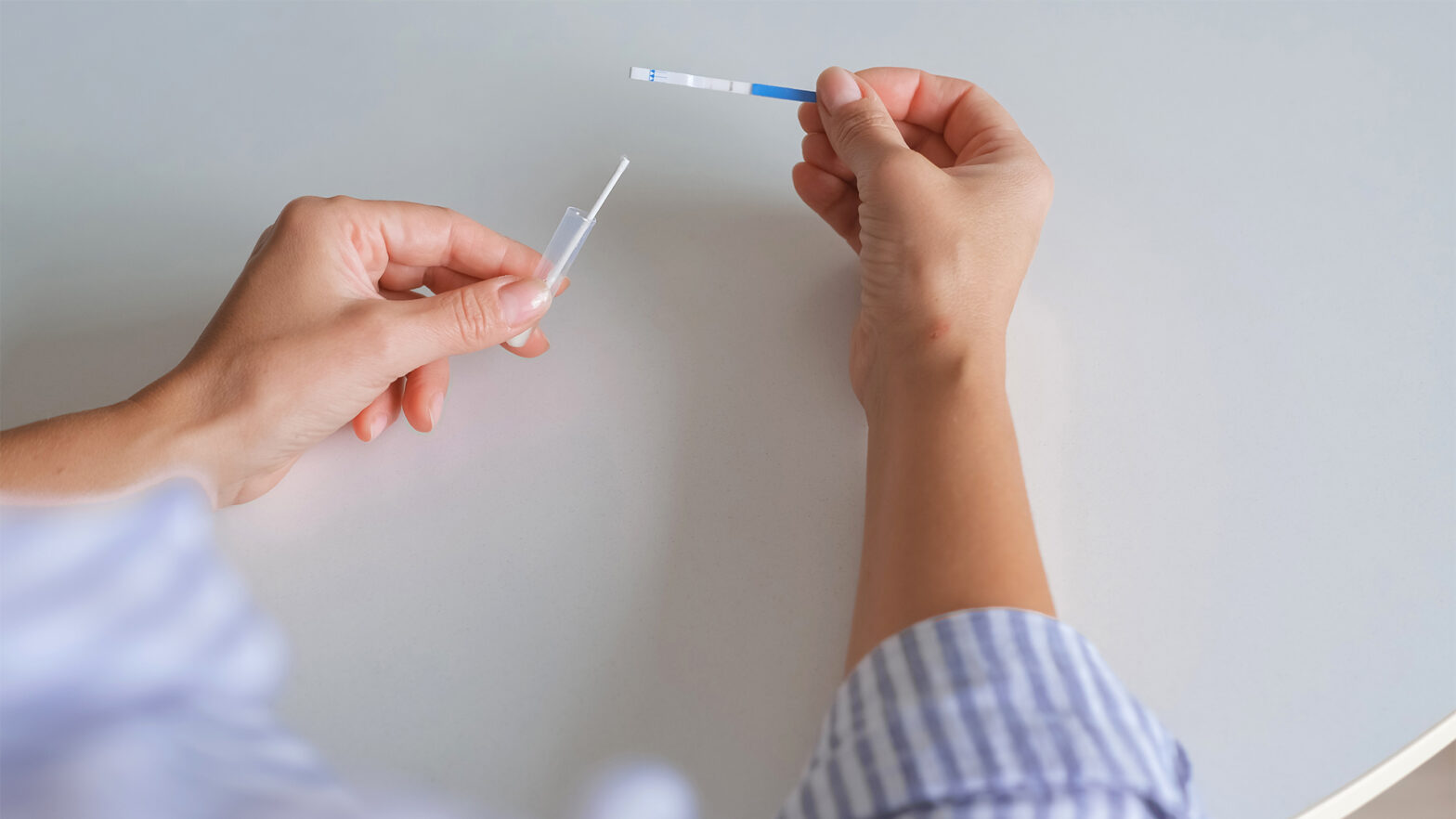The sinuses and your nasal passage are parts of your body you might not think about when considering physical health. You brush your teeth, you moisturize your skin, you eat healthily, and you exercise, but what do you do for your sinuses?
Sinuses can become dry and are affected by aspects of the atmosphere around you. As such, they can become damaged or infected and can even develop cancer. Firstly, you should know what your sinuses are. Becoming more familiar with your body will help you look after it better. Following that, knowing how to look after your sinuses, what damage can be done to them, and when to see a doctor about sinus health are all vital parts of keeping a sometimes-forgotten area of your body healthy.
What are your sinuses?
Your sinuses are air-filled cavities behind your cheekbones and forehead. They produce mucus, which drains out of your body through your nostrils. The system is connected throughout your head, such as between your eyes, and is lined with soft, pink tissue. They have various functions and are incredibly important to health, as they help keep the tissue moist and trap bacteria, with the mucus they produce filtering the air you breathe.
Sinuses also help your voice resonate, which is why you can often describe somebody’s voice as being “nasal” when they have a cold or sinusitis. The easiest way to prevent blockages in your sinuses is to blow your nose, rather than consistently sniffing. Aside from that, there are some more advanced, but also nuanced, ways to protect them.
Protecting Your Sinuses
Firstly, your sinuses need to remain hydrated, as dried out passages are irritable and prone to infection. Drink plenty of water and attempt to avoid dry environments for long periods of time. This will help keep them moist and healthy. A more direct way of doing this is to clean and bathe your nasal passages, especially if you are in a hot and dry climate. To do this, use a squeeze bottle or a bulb syringe to squeeze a saline solution into your nostril. Keep your mouth open and breath through it, not your nose. Repeat on both sides, allowing the solution to drain back out of your nose over a bowl or sink. This will help flush out infections and prevent dryness.
As well as washing the nasal passage itself, washing hands regularly and keeping good hygiene habits is always an excellent way to prevent infections. Wear masks if you live in heavily polluted areas and if you work with certain materials such as woodwork or heavy metals. Sawdust and nickel, for example, can have adverse effects on the sinuses, so covering your mouth and nose for the duration of your exposure to them will help prevent damage. Strong fumes or smoke are a risk, too, as are certain chemical odors. If you are in doubt about the sorts of smells or toxins you are working with, do research on their effects and wear a mask just in case. Naturally, quitting smoking and reducing alcohol consumption will improve your sinus health as well as reducing the risk of other diseases such as lung cancer.
You should also be aware of your allergies. Knowing your body is an important part of staying healthy, and allergies such as hay fever or those related to animal hairs are no different. You should take preventative measures in regard to your allergies, as they can cause congestion in your sinuses, increasing the risk of infection.
Risks to your sinuses
Aside from infection, damage to your sinuses can also cause cancer. The advances in sinus cancer treatment mean that identifying it early will improve the chances of full recovery, just like most diseases. You should contact the doctor whenever you notice any unusual or painful changes to your body, and there are some key symptoms to be wary of for sinus health:
- Persistent blocked nose, particularly on one side
- Persistent nosebleeds
- Excess mucus and mucus in your throat
- Decreased sense of smell
These are, of course, very similar to symptoms of a common cold or sinusitis, and you should not be too concerned or panicked if you were to develop one or two of them for a short period of time. Therefore, also be aware of the more advanced symptoms, which are:
- Swollen glands in your neck
- Pain in your face
- Double vision or partial loss of vision
- Pain in one ear
- A persistently watery eye
- A growth on your face, on your nose or on the roof of your mouth
Whenever you have any concerns about your sinus health, particularly in the ways mentioned above, you should contact your doctor and seek advice or get screened. In general, keeping fit and healthy in all manners will always reduce the risk of infections or cancer developments. Eating well, drinking and smoking less, and exercising more will improve your physical health and your immune system.
Final Note
While a part of your body that is rarely thought about, the sinuses are vitally important to your breathing, immune system, and voice. Little specific attention seems to be paid to them, generally, when it comes to physical health, but stepping up your nasal care can, in fact, help prevent infection and cancer development. Washing and bathing your nasal passages might not be glamourous, but it is a price worth paying to avoid dryness and pain in and around your face. If you ever have concerns, it is always best to seek medical advice and see your doctor, rather than self-diagnosing.


















